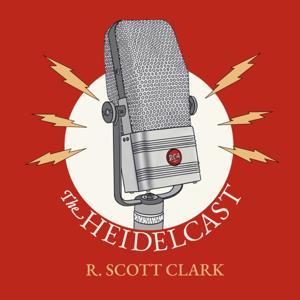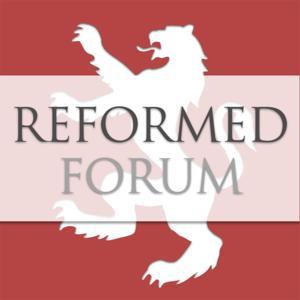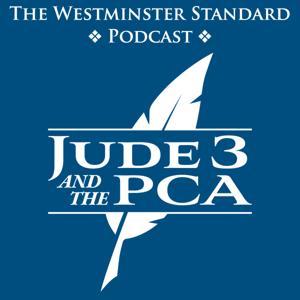It is back-to-school time and the co-hosts, Korey Maas (Lutheran), Miles Smith (Anglican), and D. G. Hart (Presbyterian) are getting ready for classes. This makes it a good time to reflect on the kind of education that nurtures confessional Protestant piety and practice -- for both ministers and church members.
The recording starts with each member of the "broadcasting team" talking about upcoming classes at Hillsdale College and how we situate ourselves within the framework of classical education, the "Great Books," and liberal education.
From there the conversation explores the relationship between confessional Protestantism and the kind of learning that at least pastors need, which points back to ties between the Reformation and the Renaissance, which then leads to the Renaissance's recovery of ancient Greek and Latin authors and the way Humanism cultivated Protestant understandings of education. At the very end comes some commentary on whether the Bible qualifies as a "Great Book" or is merely a "Good Book."
The co-hosts "did the reading" for this discussion which included a critique of "The Great Books," a review of a book about the Bible and classical education, and college students on the appeal of liberal education.
No sponors this episode. The Pudcast transcends money.



























